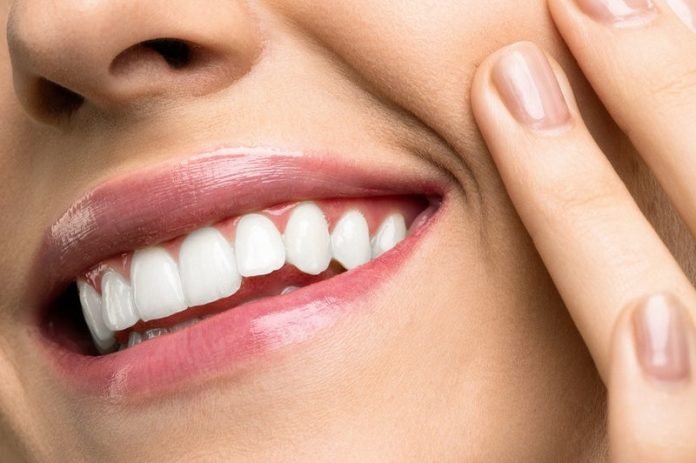
In a recent study published in Scientific Reports, researchers found that commonly used chlorhexidine mouthwash could make saliva much more acidic and may increase the risk of tooth damage.
The team gave a placebo mouthwash to people for seven days, followed by seven days of chlorhexidine mouthwash.
At the end of each period, they carried out an analysis of the abundance and diversity of the bacteria in the mouth—the oral microbiome—as well as measuring pH.
They found using chlorhexidine mouthwash over the seven days led to a greater abundance of species within the families of Firmicutes and Proteobacteria, and fewer Bacteroidetes, TM7, and Fusobacteria.
This change was linked to an increase in acidity, seen in lower salivary pH and buffering capacity.
Overall, chlorhexidine was found to reduce microbial diversity in the mouth and may increase the risk of oral disease.
The study is from the University of Plymouth. One author is Dr. Raul Bescos.
One of the primary roles of saliva is to maintain a neutral pH in the mouth, as acidity levels fluctuate as a result of eating and drinking.
If saliva pH gets too low, damage can occur to the teeth and mucosa—the tissue surrounding the teeth and on the inside of the mouth.
The current research confirmed findings from previous studies indicating that chlorhexidine disrupted the ability of oral bacteria to turn nitrate into nitrite, a key molecule for reducing blood pressure.
Lower saliva and blood plasma nitrite concentrations were found after using chlorhexidine mouthwash, followed by a trend of increased systolic blood pressure.
The findings supported earlier research that showed the blood pressure-lowering effect of exercise is strongly reduced when people rinse their mouths with antibacterial mouthwash rather than water.
The team says in the face of the recent COVID-19 outbreak many dentists are now using chlorhexidine as a pre-rinse before doing dental procedures. They urgently need more information on how it works on viruses.
If you care about tooth health, please read studies about new causes of tooth decay and gum diseases and findings of this common tooth disease may increase risks of dementia.
For more information about tooth and gum health, please see recent studies about tooth loss may affect your ability to do everyday tasks and results showing that this type of pickle can help prevent tooth cavities.
Copyright © 2021 Knowridge Science Report. All rights reserved.



